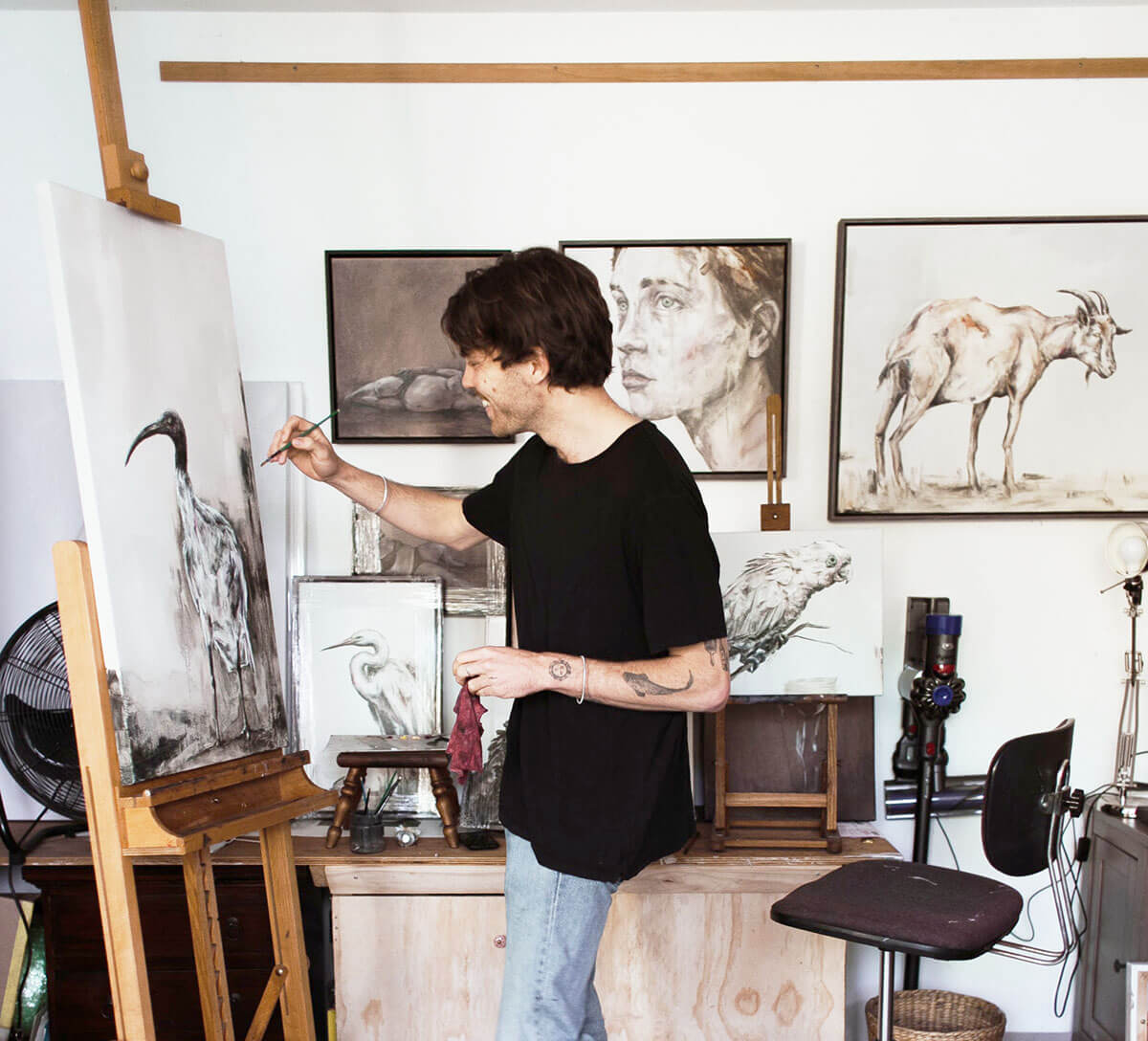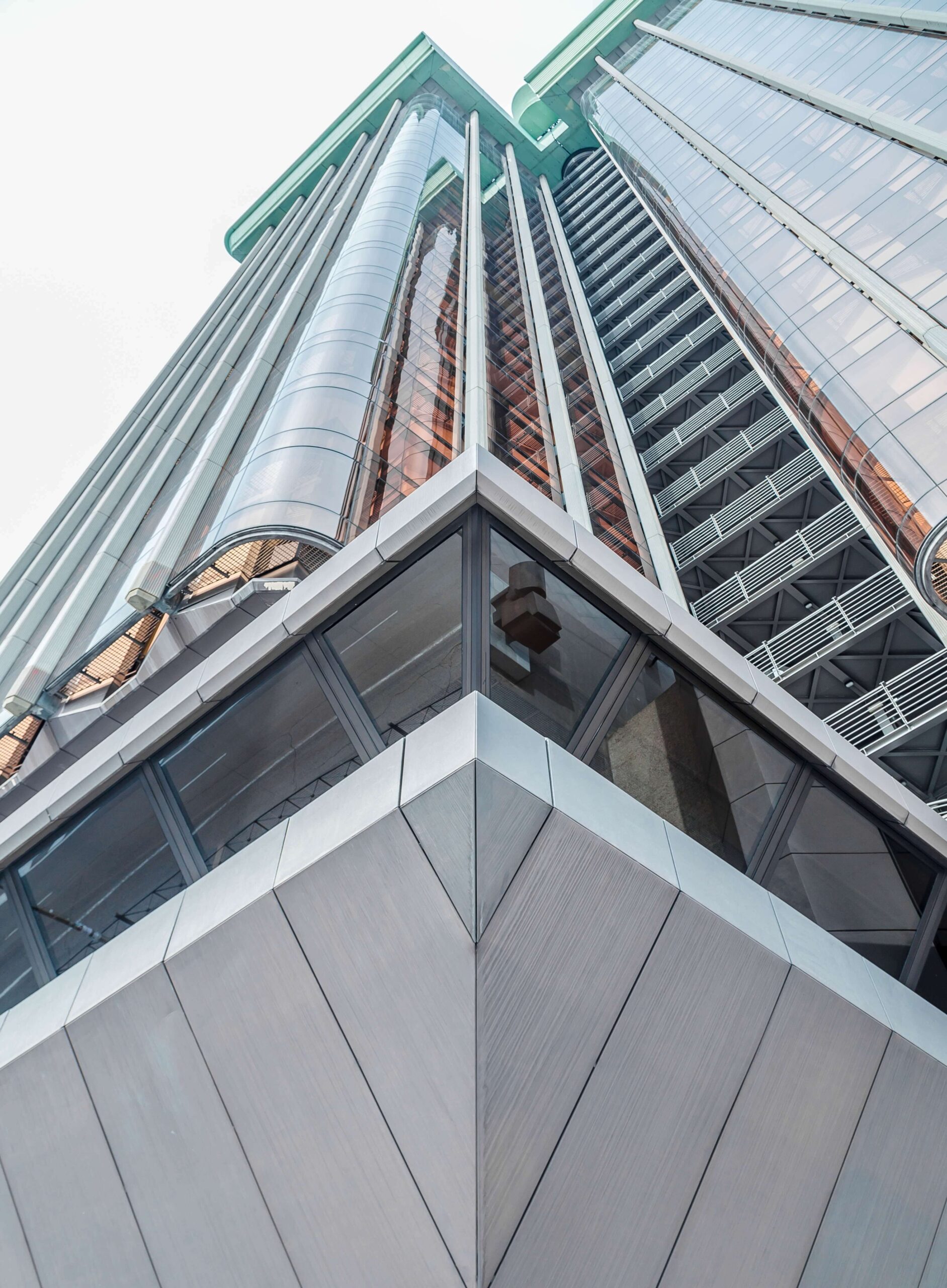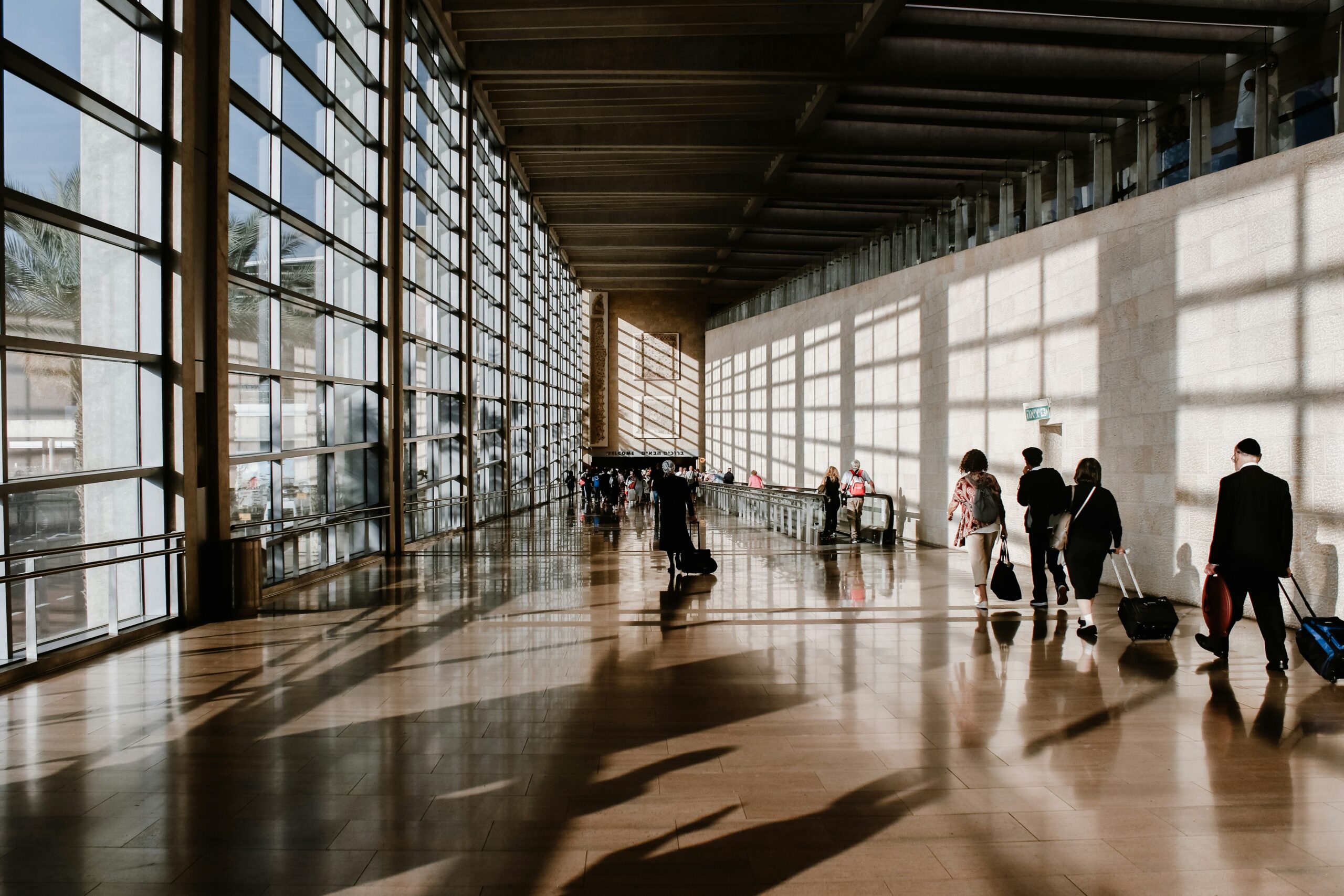Fresh from a successful exit in which he engineered the sale of Indonesia’s MG Group to Creador, a Southeast Asia private equity firm earlier this month, Brett Henry, president, director and CEO, is a man with a singular mission — to build the best B2B global hospitality marketplace.
This is in marked contrast from six years ago when he took on the reins of the company which he said “was on the path to self-destruction.”
But we’ll get to that later.
For now, Henry is all pumped up about the future of building the best B2B bedbank business in a region that’s booming and riding the wave of the Asian Century.
“When I came to Singapore in the early 2000s, many of my friends also moved from California, chasing the Asian Century,” he said. “I have this simple thinking – in 1819, you had to be in London, in 1919, New York and in 2025, you have to be somewhere in Asia.
“There is a straight correlation between middle class growth and travel and Southeast Asia has that,” Henry said. “It is not going to happen in Europe and the U.S. — if you are growing there, it means you are winning share. In Southeast Asia, you are growing from new demand.”
Growth ambitions
But what does he mean by best? Biggest is objective, best is subjective, I said.
“I am not sure how subjective it is,” he said. “If you ask people, who’s the most innovative car company in the world, it’s either Tesla or BYD. We want to be the BYD of the industry, to be recognized as being better than our competitors in quality of data, accuracy, speed and access to content.
“Our ambition is to grow the business five times in four years.”
Henry is so confident that instead of selling his shares in the Creador transaction, he held on to them. “I am all in, I am a believer,” he said. “It’s a once-in-a-lifetime opportunity.”
A clear path
Creador was not the only suitor for MG Group. “Everybody’s interested in Southeast Asia, it’s profitable and growing and everybody who was anybody was in the process. But the multiple was too high for strategic investors. Creador was the biggest believer in our potential and they are good at building strong Southeast Asian businesses.”
Subscribe to our newsletter below
Incorporated in 2011, Creador has $3 billion in assets under management, has investments in 54 companies and five offices in South and Southeast Asia.
The acquisition places MG Group in strong financial hands for growth, he said. “We now have one singular owner, one singular focus to build in the most simple of the B2B hotel game and singular tech built to intentionally scale at super low cost. Our architecture is built for micro services, and we can onboard properties in hours or days,” Henry said.
MG Group claims a network of 350,000 accommodation suppliers and 8,000 buyers and offers low-cost connectivity through its B2B hotel distribution technology, MG Jarvis. It achieved a 50% growth rate year-over-year in 2024.
“We did nine billion shopping transactions in December and half of our business now comes from outside Indonesia,” Henry said. “Our biggest demand markets are China, Thailand and Russia, and our supply covers all Southeast Asian markets. Everyone who is sending travelers to Southeast Asia buys from me.”
This year, it will be expanding and hiring teams in Japan, Korea, United Arab Emirates and two European cities.
The big turnaround
MG Group was started by three of Indonesia’s traditional travel companies, Panorama, Dwidaya and Smailing and Northstar Group invested in 2016. Henry was recruited in 2019 to turn the business around.
“I remember discussing the job offer with Tim Hughes (Agoda) and he told me to ‘go for it, it’ll be game changing for your life.’”
It certainly has been, transitioning from a multinational like Sabre to running an Indonesian-owned enterprise and moving from Singapore to Jakarta.
“I always wanted to be an entrepreneur, a leader of my own business. In an MNC [multinational corporation], I never had that role,” Henry said. “This gave me the opportunity. I came in to lead the business, and I was highly incentivised on equity, not pay.”
He arrived, all gung-ho and ready to shake things up. “The business was on the path to self-destruction,” he said.
But then came the pandemic. “If I had known it would last two-and-a-half years, I wouldn’t have taken an equity-incentivized job,” he said.
However, that break gave him the breathing space to redefine the business. The group had a few businesses — a couple of B2C brands, a corporate travel arm and a B2B wholesale business. Henry closed everything down except the B2B business.
“We built a new platform, got super lean — went from 500 people to 200 by the end of 2024 — and revenues went up 150%. It was difficult to close businesses and lay off people in Indonesia, but the pandemic was a good time to do it.
“Six years after we sold for an attractive sum of money, we went from losing money to making a great return for the owners.”
The B2B hotel market
Henry made the bet on B2B wholesale because it is his domain expertise. “I knew and understood the economics. I didn’t know B2C and I wasn’t willing to compete with Traveloka, Agoda or Tiket – they are so good at what they do.”
In recent years, the B2B hospitality marketplace has gotten super competitive with the giant online travel agencies entering the market as well. “All their moves into B2B actually helped our case to sell to an investor – Webbeds going public, Expedia proving how profitable the business is.”
He is undaunted by traditional giants such as Webbeds and Hotelbeds and believes MG has a strong chance to compete and win against such players.
“The hotel market is so fragmented, there are millions of properties, and there is plenty of opportunity for someone like us who can access the content at lower cost. The big ones don’t even try to access secondary markets. For example, a two-star hotel in Makassar with low ADR isn’t interesting enough for them but it is for us.
“While we also make money in the high ADR category, our sweet spot is in the lower ADR category in second tier cities. And once you show you have demand strength, negotiating with bigger operators comes easier.”
One competitor he’s super impressed by is China’s Dida Travel. “I am terrified by them,” he said. “They are the most impressive player in the hospitality space, how they execute as a business, expanded globally so fast and their tech is great — they are the one to watch.”
Unlike Dida Travel, which has expanded into other verticals, Henry however intends to stay focused on hospitality “now and forever.”
“Trying to do too many things can be distracting, we want to stay focused on one thing and doing it well.”
Talent in Jakarta
For him, Jakarta is the perfect base to be in the Asian Century. “There’s an attractive startup scene. It’s produced companies like Gojek and Traveloka. Young people have seen these businesses grow. I’ve never seen a more under-qualified and over-confident people, it’s inspiring to work with them.
“They believe they can do it; there’s no question in their mind. It’s like Silicon Valley 30 years ago. The talent pool is amazing.”
He said the Asian Century had evolved faster than expected. “China is now the largest economy; Indonesia will move from 14th to fourth largest. In the future, the four largest economies will be China, India, U.S. and Indonesia. Expect monumental change.”
He said though that he still hasn’t fulfilled his dream of being an entrepreneur. “I am still an entrepreneur wanna-be. Maybe after this, I have one chance to build something from scratch.”








